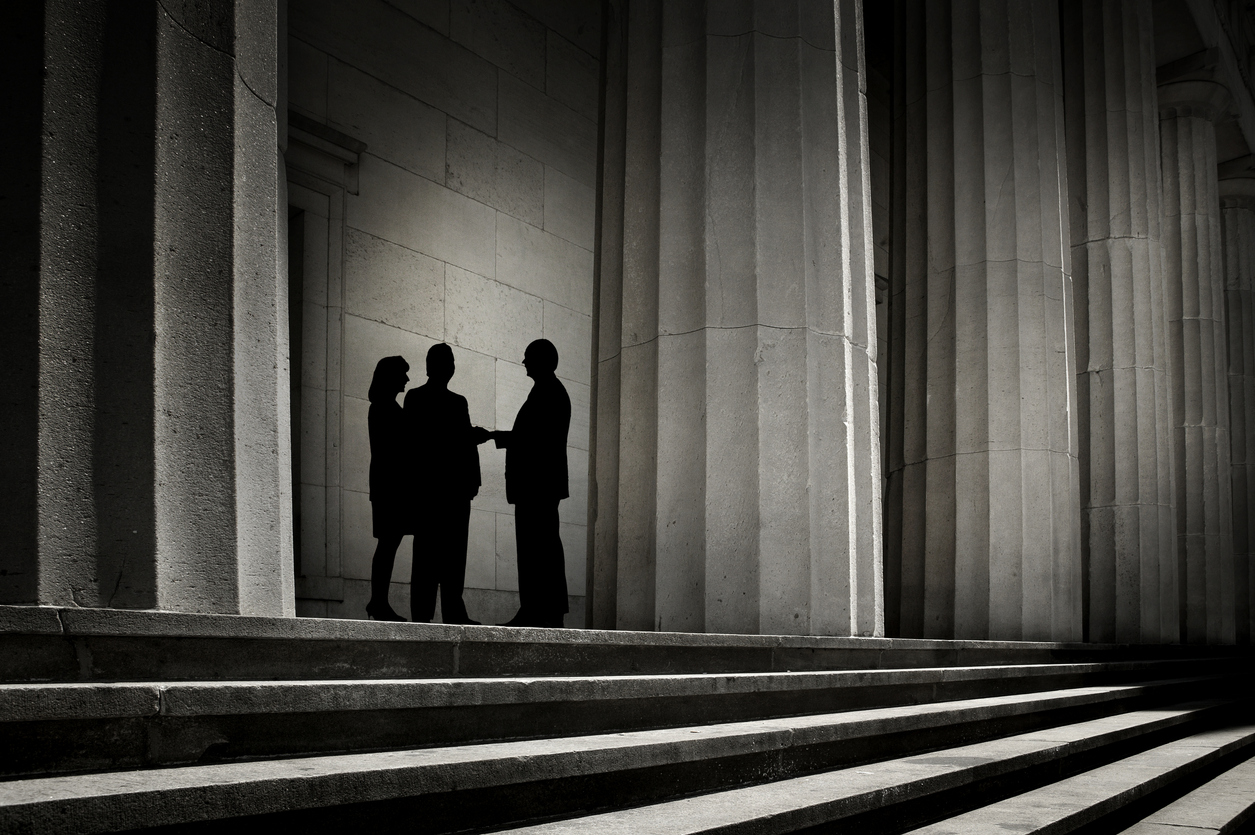Rockstar hopes unvaccinated will ‘be dead soon’

Twisted Sister frontman and songwriter Dee Snider this month expressed hope that those who do not take COVID-19 seriously will soon be dead.
Snider, once known for his outspoken opposition to government censorship and feuds with political elites, came out passionately in favor of vaccines and vaccine passports during the COVID pandemic, writing in April 2021:
I get that some people are wary of this, but I want a vaccine passport in the worst f*cking way! I wave my vaccination around like a flag! I’ve got nothing to hide and if a vaccine will let me go places without all these covid protocols sign me the f*ck up!
In a post on X earlier this month, activist and musician Brad Skistimas, known by his stage name Five Times August, reminded the “We’re Not Gonna Take It” hitmaker about his comments and asked:
Hi @deesnider just wondering if you are still waving your vaccination card around like a flag? Are you requiring a passport to see you live? Is the updated booster required to see you live? If not, why not? You were really on board with this a while ago. What happened? You just don’t care anymore or what? How many vax injured fans do you have? Do you know? Would you want to know? What’s it like to pretend to be a rock and roll rebel while advocating government compliance and big pharma shilling? I have so many questions… mainly would you like to make a donation to @React19org and help the families of those injured and dead from the very shot you’ve so proudly endorsed. Let me know, happy to make an introduction.
The post sparked a conversation involving other netizens, one of whom said she is “really over these clowns calling Covid a hoax,” which elicited a response from Snider:
Don’t worry…with any luck they’ll be dead soon.
Yeah, I don’t give a sh*t if they die.
And don’t get me started on healthy people who park in handicapped spaces! The things I wish on them are worse than death.
Users expressed disappointment in what they perceived as a change in the heavy metal star.
“Imagine once being part of the counter-culture then getting old and becoming a shill for Big Pharma and the federal government. How embarrassing,” a user responded to Snider.
“You’re so rock and roll,” commented another.
According to Danish researchers, the unvaccinated are the most hated group in the world. A study last year from Denmark’s Aarhus University sought to determine the level of prejudice against people who did not get the COVID-19 shot. This was measured by asking participants how they would feel about someone not vaccinated against COVID-19 marrying a member of their family.
Among 10,740 respondents across 21 countries, people who are vaccinated would not want an unvaccinated person marrying a close relative, which the study classifies as “antipathy.” In fact, respondents had 2.5 times more antipathy towards the unvaccinated than towards Middle Eastern migrants, “a group battling high levels of discrimination globally.”
Notably, the unvaccinated were not found to have antipathy towards the vaccinated.
“[W]e find that discriminatory attitudes towards the unvaccinated is as high or higher than discriminatory attitudes directed towards other common and diverse targets of prejudice including immigrants, drug-addicts and ex-convicts,” concluded the researchers. “At the same time, the results demonstrate that prejudice is mostly one-sided.”
Along with antipathy, respondents supported stripping the unvaccinated of their political rights and subjecting them to familial exclusion.
According to criminal justice and social policy expert Dr. Josh Guetzkow, this is nothing new. In fact, this mindset has been around for decades.
“The fact is that ‘anti-vaxxers’ are one of the only groups that people are now allowed, even encouraged, to hate openly,” wrote Guetzkow in a Substack article. “This was true before COVID and has only worsened in the last year, as politicians, gov't officials and journalists ramped up incitement against ‘anti-vaxxers’.”
“Perhaps the most amazing thing about these statements is that people felt that it was OK to express these opinions ‘out loud’ in public on-line settings and were often encouraged and congratulated by others,” continued Guetzkow. “This is in contrast to other forms of prejudice that people have become more reluctant to express openly as such views are seen as illegitimate or not acceptable in polite society. But here they felt no shame.”




